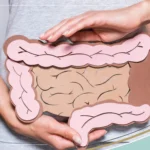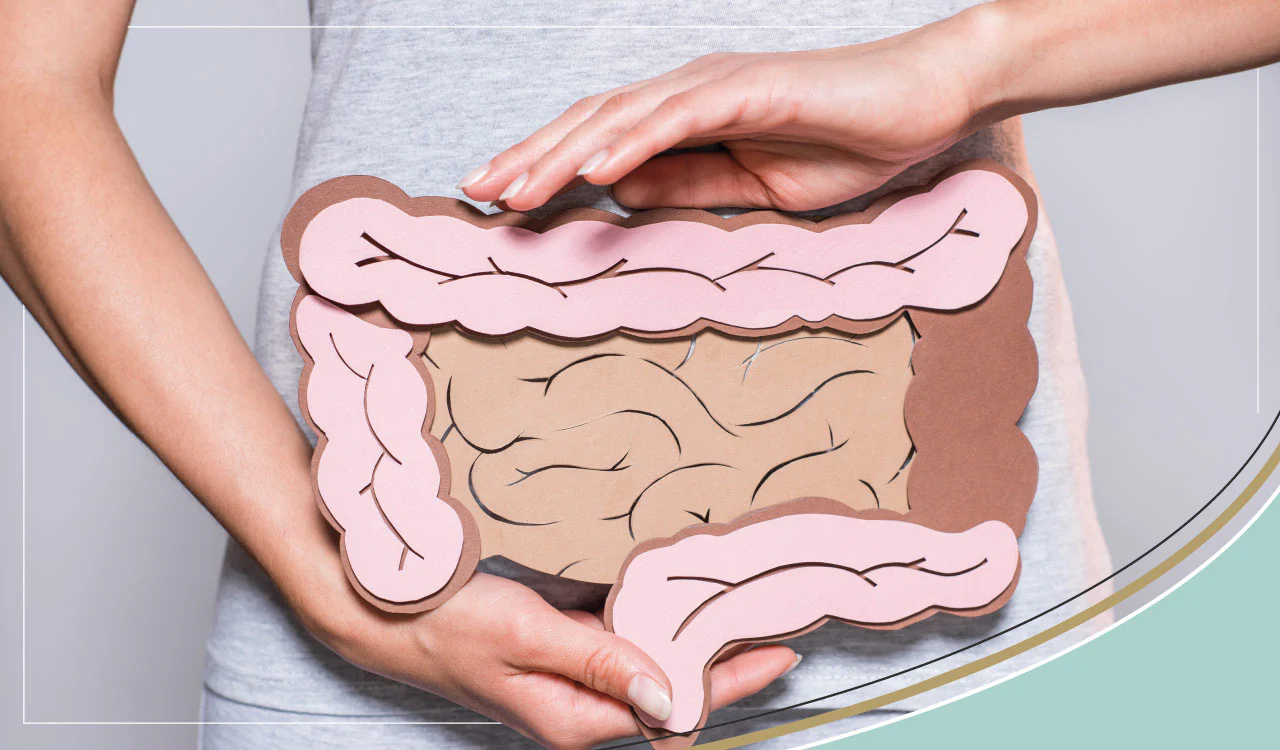When people talk about addiction, the focus usually stays on the hardest parts—struggling, hitting rock bottom, or trying to quit. But what happens after that often gets left out of the conversation. Healing from addiction is more than just stopping drugs or alcohol. It’s about creating a life that feels steady, balanced, and worth living again. Recovery isn’t a quick fix. It’s a process that changes over time, and each step matters.
Facing the First Steps
The beginning of recovery can feel messy. Bodies and minds have to adjust after being dependent on something for so long. There’s the physical side—detox, cravings, and withdrawal symptoms. Then there’s the emotional side—fear, doubt, or even guilt. Those first days are about getting through one moment at a time. Nobody walks into recovery feeling perfect, and nobody needs to. The important part is choosing to start, even when it feels uncomfortable.
For people dealing with opioids, professional help is often the safest way to take that first step. Programs such as Legacy’s opioid addiction treatment can provide medical support, counseling, and a structured plan. Having a safe place to begin makes a huge difference because the body can recover while the mind learns new ways to cope.
Learning to Trust Life Again
Once the most intense part of detox is over, the bigger challenge begins—figuring out how to live day-to-day without leaning on substances. Many people in recovery say this stage feels like starting over. Simple things, like waking up early, going to work, or cooking dinner, can feel brand new. It might sound small, but building a routine is one of the strongest tools for healing.
Trusting life again also means rebuilding trust with people. Addiction often damages relationships, and part of recovery is showing up consistently so others can believe in the change. It takes time, but every positive step—making it to meetings, calling a friend instead of using, or keeping promises—helps rebuild that trust.
Finding New Ways to Cope
Addiction usually begins as a way to escape stress, pain, or sadness. Without substances, those feelings don’t disappear. Learning new ways to handle them becomes one of the biggest parts of healing. Some people turn to exercise or art. Others learn meditation or breathing techniques. Therapy can help uncover the deeper reasons behind addiction and teach healthy coping skills.
The truth is, no one can avoid stress completely. Healing means being able to face it without needing to escape. Over time, these healthier habits become natural, replacing the old patterns. That’s when recovery starts to feel more stable.
Reconnecting with People
Addiction often pushes people into isolation. Healing is about reconnecting—not just with family and friends, but with community. Being around others who understand recovery can be powerful. Support groups or group therapy create spaces where people don’t feel judged. Sharing stories and hearing others talk about their struggles reminds everyone that they aren’t alone.
But reconnecting doesn’t stop there. Recovery also makes space for new friendships, ones built on honesty and support instead of substance use. Having people who encourage progress instead of dragging it down makes recovery feel less like a battle and more like teamwork.
Taking Care of the Body
The body goes through a lot during addiction. Healing means paying attention to it again. Eating well, drinking water, and sleeping enough all play a part. It sounds basic, but after addiction, these things can feel like brand-new habits. Exercise, even something simple like walking, helps the brain recover and brings back energy.
When the body starts to feel better, the mind often follows. It’s easier to stay positive and motivated when there’s real strength behind it. Over time, small changes in physical health add up, making recovery more sustainable.
Building a Future That Feels Good
Healing after addiction isn’t only about fixing what went wrong—it’s about creating something better. Many people in recovery discover new interests or passions they didn’t know they had. Some go back to school, pick up hobbies, or focus on careers they had put aside.
This part of recovery is about growth. Instead of looking back at the past, the focus shifts forward. Building goals, big or small, gives purpose. Whether it’s repairing family bonds, saving for a trip, or finishing a class, these steps show that life after addiction can be exciting and meaningful.
Understanding Setbacks
Healing doesn’t move in a straight line. There might be days when it feels easier, and others when it feels impossible. Some people relapse, and while that can feel discouraging, it doesn’t erase all progress. Real healing means understanding that setbacks are part of learning. What matters is getting back up and continuing to move forward.
Recovery teaches resilience. Each challenge becomes another chance to practice new coping skills. Over time, people learn that strength isn’t about never struggling—it’s about continuing even when it’s hard.
Why Healing Feels Different from Just Quitting
Stopping substances is only one part of recovery. Healing is about more than that. It’s about feeling joy again, building connections, and discovering what life can look like without being trapped. People who focus only on quitting often feel stuck, because they haven’t replaced addiction with something positive. Real healing means growth, balance, and purpose.
The Bigger Picture
Life after addiction isn’t about being perfect. It’s about living in a way that feels real and manageable. Healing shows up in everyday moments—laughing with a friend, sleeping through the night, or feeling proud after a hard day. Each of these moments adds up to a life that feels whole again.
When recovery is seen as a journey instead of a quick fix, it becomes clear that healing isn’t just possible—it’s ongoing. The most powerful part of recovery isn’t only the absence of drugs or alcohol, but the presence of peace, connection, and hope for the future.
You May Also Read: How to Prepare Mentally and Emotionally for Drug Rehab











